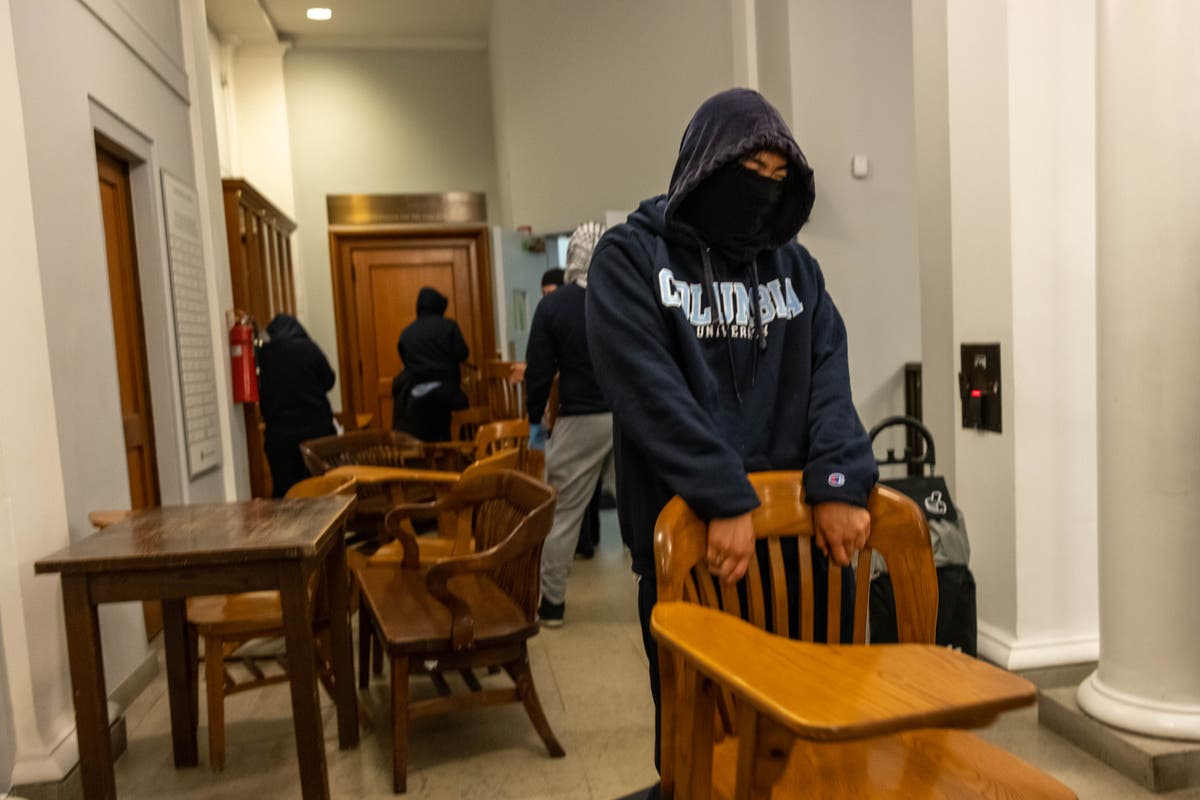Pro-Palestinian student protesters at Columbia University have been occupying Hamilton Hall, resulting in threats of expulsion from the university. The protests have led to the shutdown of campus, with only essential personnel and residential students allowed access. Talks between protesters and university administrators have broken down, and the university has refused to divest from Israel. This has led to criticism of Columbia’s president, Nemat Minouche Shafik, for calling in the police, resulting in arrests and further protests across the country.
The demonstrations have also spread to other universities, with faculty members supporting students in protests against the war in Gaza. At the University of Texas, more than 500 faculty members signed a letter of no confidence in the school president for calling police to campus during pro-Palestinian student protests. The actions of students and faculty have sparked debates about freedom of expression on campus and the role of police in handling protests.
Virginia Governor Glenn Youngkin has voiced concerns about pro-Palestinian protests on college campuses in his state and across the country, emphasizing the need to protect public safety while allowing for peaceful expression. In response to protests at various universities, including Yale, California State Polytechnic University, and Virginia Commonwealth University, students have faced arrests, while the encampments set up by protesters have been cleared by law enforcement. The actions at Columbia University and other campuses reflect a long tradition of student activism that has influenced social movements throughout history.
Source
Photo credit www.independent.co.uk



